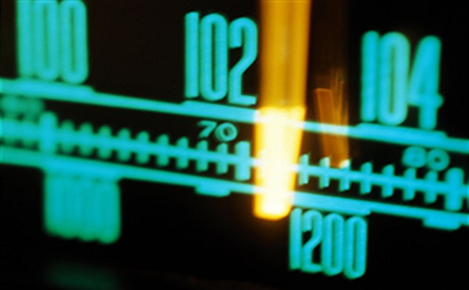Frequently Asked Questions
Why Should I use a Broker?
An experienced broker is able to help you navigate the sale process from start to finish. We're able to help you value your station, find qualified buyers, and can leverage our deep relationships in the industry to help get deals done
Can I use my local attorney for the sale process?
Selling a broadcast facility is more involved than selling most other businesses. There are complex regulations that local counsel are typically not skilled in handling. It is best to work with a Telecommunications Law and Regulations Attorney. See our FAQ on recommended contacts for individuals we recommend.
How do you qualify buyers?
Generally speaking if a buyer is currently operating stations at a profit they are considered qualified. However, we implement a more thorough process and contact reputable lending sources to confirm they can consummate a deal.
How do you guarantee confidentiality?
We use controls to protect your privacy, including a signed confidentialy agreement guaranteeing this before any sensitive information is released to us.
How long do deals typically take?
There are a couple phases of the deal process that need to be considered, and each of which can contribute some variation in the total time it takes to complete a deal.
The process starts by aggregating all the required documentation we need to market your station. After we've successfully compiled this data we can contact buyers and qualify them. After buyers have been identified the negotiation process begins. To reduce the amount of time in this phase, it is best to include all of the relevant details in your Letter of Intent (LOI); this can ensure a smoother negotiating process. Finally, all deals need to be reviewed and approved by the FCC, which usually takes 60-90 days.
What about my employees?
Most employees are retained in a typical deal, but this can vary based on the buyer's needs.
What is the broadcaster's cash flow?
It is referred to as EBITDA, earnings before interest, depreciation, taxes, and amortization. Appropriate add-backs are the interest, depreciation, taxes and amortization components. One time expenses (e.g., extraordinary items) are typically added back since they're non-recurring. This helps establish the earning potential of the station going forward.
Which specialized attorneys would you recommend?
Womble, Carlyle, Sandridge and Rice LLP
1200 19th Street NW
Suite 500
Washington D.C., 20036-2421
202.857.4441
877.4FCCLAW
Fletcher, Heald & Hildreth, P.L.C.
1300 North 17th Street, 11th Floor
Arlington, VA, 22209
703.812.0400
Baker & McKenzie
815 Connecticut Ave. NW
Suite 900
Washington D.C., 20006
202.452.7000 or 800.400.3238
Where else can I find industry news?
BroadcastingCable
InsideRadio
National Association of Broadcasters
RadioInk
Radio-Info
FCC






